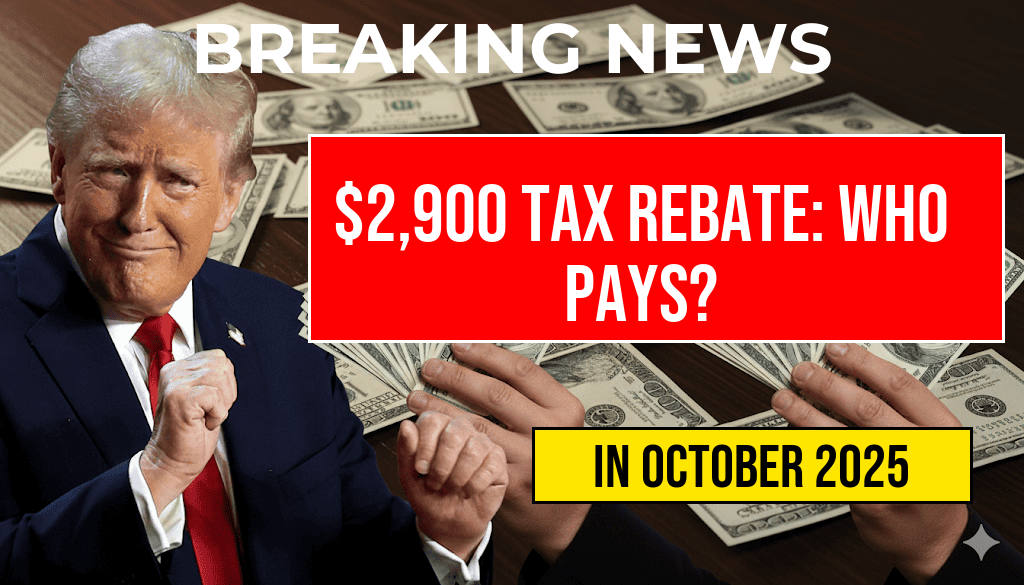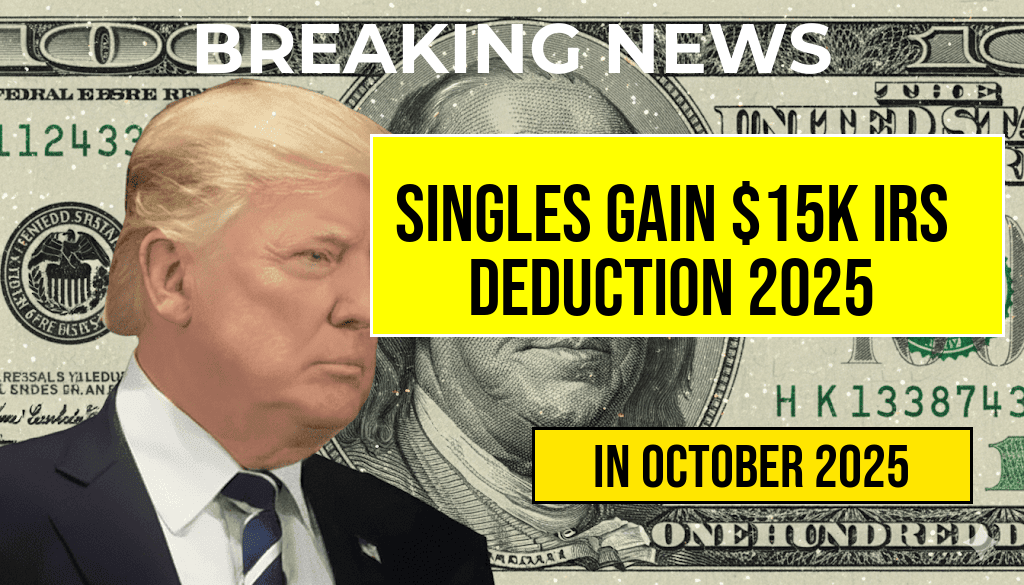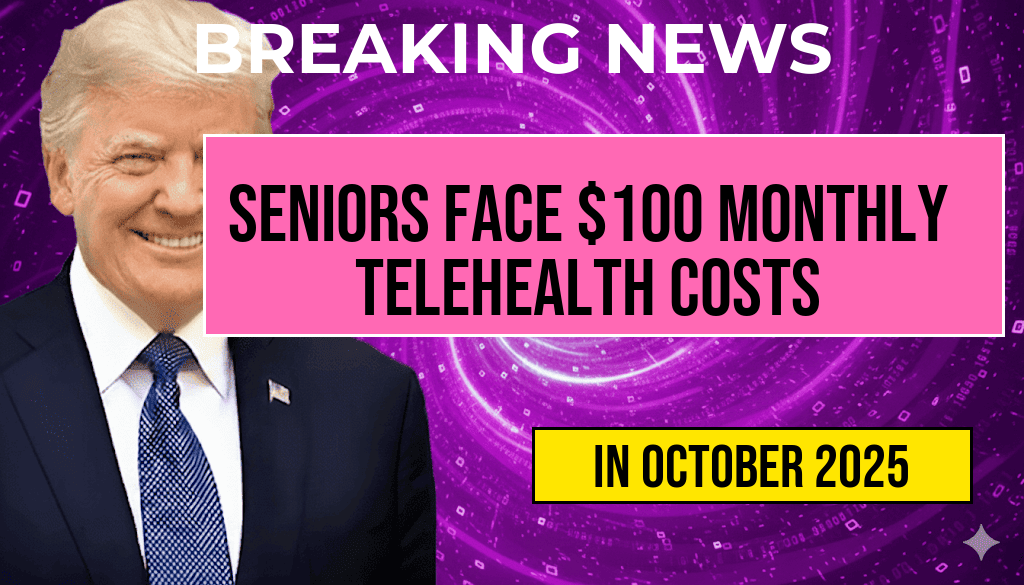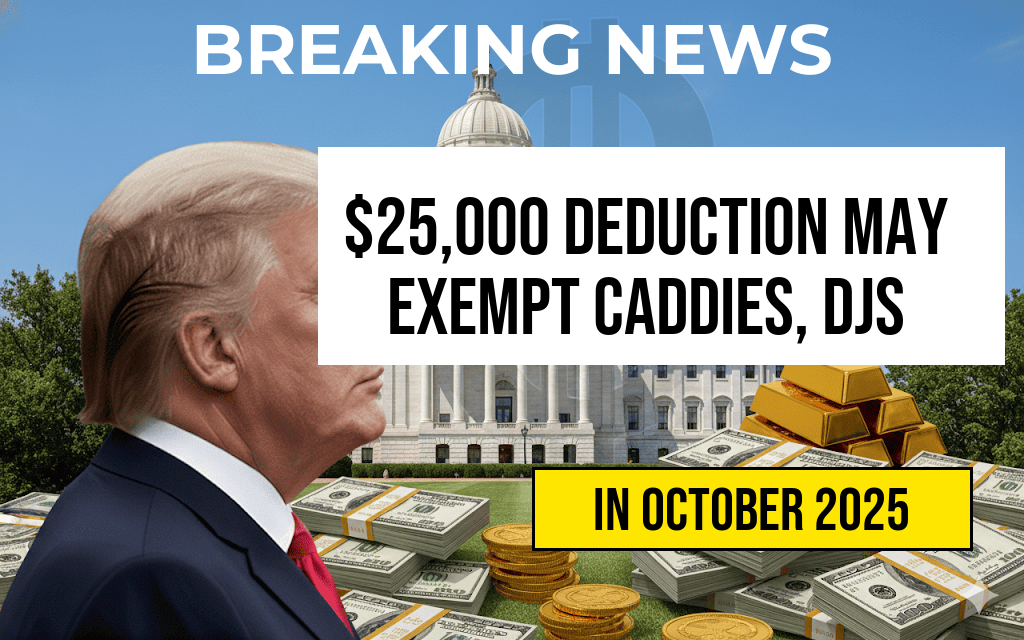In a bold move, House Republicans have proposed a plan that could deliver a $2,900 tax rebate to average households by the year 2026. This initiative aims to provide financial relief amid ongoing economic challenges, but questions arise about the sustainability and financing of such a substantial rebate. With national debt and inflation concerns already weighing heavily on American households, the proposal has ignited a heated debate over who will ultimately bear the cost of this tax relief. As lawmakers grapple with budgetary implications, the potential impact on various segments of the economy remains unclear.
Understanding the GOP Tax Rebate Plan
The proposed tax rebate, which is part of a broader economic strategy, is designed to offer direct financial assistance to families across the country. According to GOP leaders, the plan is structured to help alleviate the financial burdens faced by many households, particularly those in lower and middle-income brackets.
Key Features of the Rebate
- Eligibility: The rebate is aimed at families with an annual income of up to $100,000, with the rebate amount set to scale based on household size.
- Implementation Timeline: If approved, the rebate would start in the tax year 2026, providing families with a much-needed financial cushion.
- Funding Sources: The funding for this rebate is expected to come from reallocating existing budgetary resources and potential cuts in other areas, although specifics remain vague.
Economic Implications of the Proposal
While the GOP touts the rebate as a means to stimulate consumer spending and support economic growth, critics argue that the plan could lead to increased national debt. The concern is that funding such a rebate without a clear revenue source could exacerbate existing fiscal challenges.
Potential Costs and Consequences
Experts warn that the long-term costs associated with the rebate could outweigh its short-term benefits. Key areas of concern include:
- Increased National Debt: Financing the rebate through deficit spending could lead to higher levels of national debt, which may require future tax increases or spending cuts.
- Inflationary Pressures: A significant influx of cash into the economy could potentially fuel inflation, making goods and services more expensive for consumers.
- Impact on State Budgets: States that rely on federal funding might see a ripple effect, forcing them to adjust their budgets, which could lead to cuts in essential services.
Public Opinion and Political Landscape
The reaction to the GOP’s tax rebate proposal has been mixed. While some constituents view it as a much-needed lifeline, others express skepticism about its feasibility and long-term impacts. Polls indicate that a significant portion of the public is concerned about the implications of increasing national debt.
Voices from the Economy
Economists and financial analysts are divided on the potential effectiveness of the rebate. Some argue that targeted tax relief could stimulate spending and drive economic growth, while others caution that without robust funding mechanisms, the initiative could lead to more harm than good.
| Opinion | Percentage |
|---|---|
| Support the rebate | 45% |
| Oppose the rebate | 35% |
| Undecided | 20% |
Future Prospects and Legislative Challenges
As the GOP moves forward with this proposal, it faces hurdles in Congress. The Democratic majority in the Senate may challenge the plan, emphasizing the importance of a balanced budget and sustainable fiscal policies. Negotiations are expected to be contentious, with various stakeholders advocating for different approaches to economic relief.
What’s Next?
With the 2024 elections on the horizon, the tax rebate proposal could become a pivotal issue in the political discourse. Voters will likely scrutinize the implications of such a plan, weighing the immediate benefits against potential long-term consequences. As the debate unfolds, the focus will be on finding a balance between providing financial relief and maintaining fiscal responsibility.
For more detailed information on tax policies and economic strategies, you can visit Forbes or Tax Policy Center.
Frequently Asked Questions
What is the purpose of the $2,900 tax rebate under the GOP plan?
The $2,900 tax rebate is designed to provide financial relief to average households in 2026, helping them manage the increasing cost of living and taxes.
Who qualifies for the $2,900 tax rebate?
The rebate is intended for average households, which may include families and individuals whose income falls within a specified range, although specific eligibility criteria have yet to be detailed.
How will the $2,900 tax rebate be funded?
The funding sources for the $2,900 tax rebate under the GOP plan are still under discussion, with concerns about whether it will be offset by cuts to other programs or increased taxes elsewhere.
What are the potential impacts of this rebate on the economy?
Proponents argue that the tax rebate could stimulate consumer spending, while critics raise concerns that it may not address the root causes of economic issues and could lead to budget deficits.
When can households expect to receive the $2,900 tax rebate?
If approved, households are expected to receive the $2,900 tax rebate in the year 2026, but exact timing and distribution details will depend on the final implementation of the plan.






